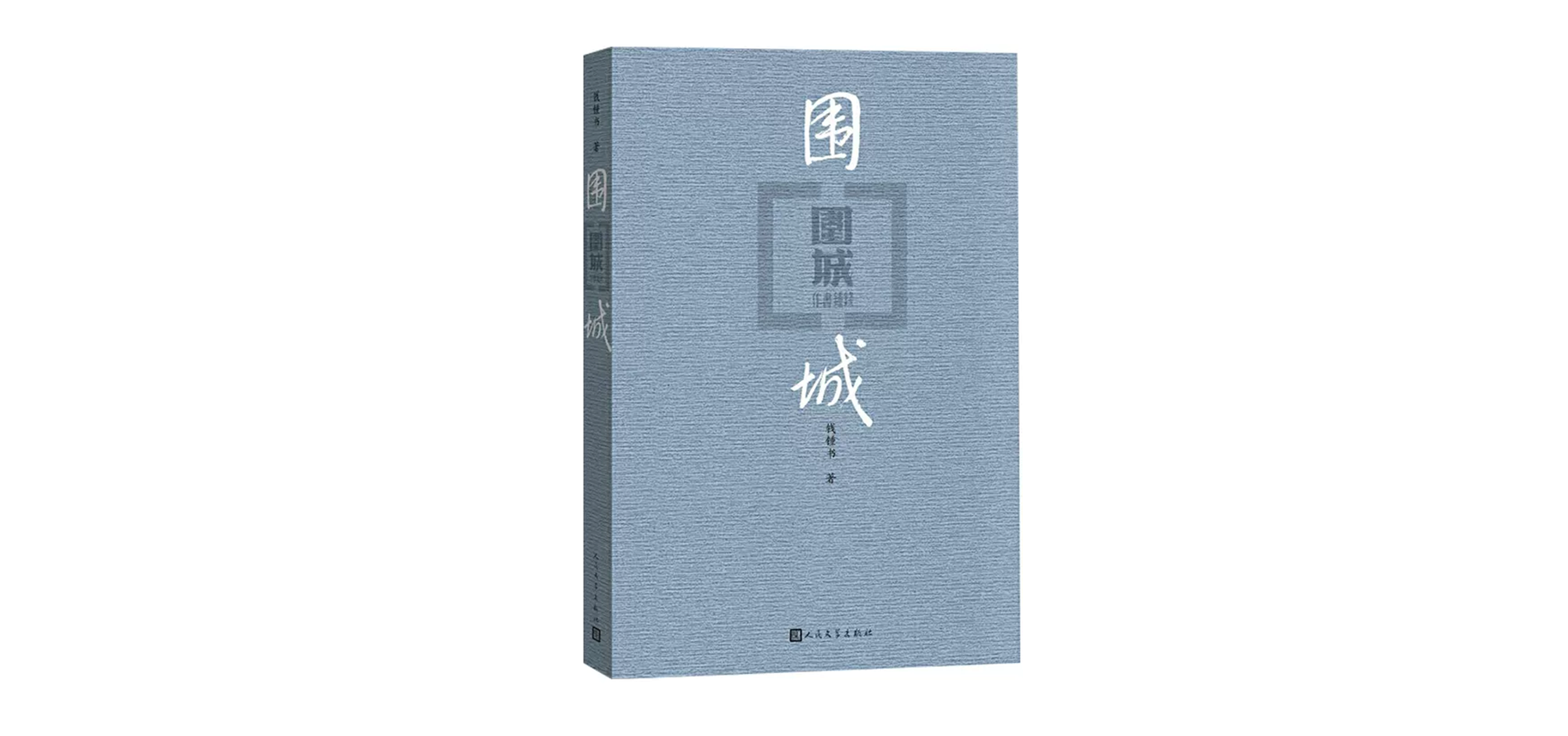每日外闻45
本研究旨在比较抑郁的双相情感障碍患者(BD))与健康对照(HCs)肠道微生物的特征,观察喹硫平治疗对肠道微生物的影响,最后探究了微生物作为生物标志物,用于 BD 诊断和预测治疗结果的潜能。16S rRNA基因序列分析显示,BD患者与健康对照的肠道微生物组成和多态性存在显著差异。BD患者和健康对照的优势菌群分别是拟杆菌门和厚壁菌门。在未经治疗的患者中产丁酸盐的细菌水平较低。喹硫平治疗后BD患者的微生物组成发生变化。值得注意的是,用差异的 30 个菌,做随机森林模型,发现模型可以区分 BD 患者和HC(AUC=0.81)。随后用 10 个菌,构建随机森林模型,发现模型可以明显区分对喹硫平治疗有反应的患者(responder)和对喹硫平治疗没有响应的患者(non- responder)(AUC=0.93)。本研究描述了抑郁的BD 患者的肠道微生物特征,并首次评估了喹硫平单一治疗后引起的微生物变化。基于肠道微生物的生物标志物可能有助于BD的诊断和治疗结果的预测,结果还需要未来进一步的验证。
This study aims to characterize the gut microbiota in depressed patients with bipolar disorder (BD) compared with healthy controls (HCs), to examine the effects of quetiapine treatment on the microbiota, and to explore the potential
of microbiota as a biomarker for BD diagnosis and treatment outcome. Analysis of 16S-ribosomal RNA gene sequences reveals that gut microbial composition and diversity are significantly different between BD patients and HCs. Phylum
Bacteroidetes and Firmicutes are the predominant bacterial communities in BD patients and HCs, respectively. Lower levels of butyrate-producing bacteria are observed in untreated patients. Microbial composition changes following quetia-pine treatment in BD patients. Notably, 30 microbial markers are identified on a random forest model and achieve an area under the curve (AUC) of 0.81 between untreated patients and HCs. T en microbial markers are identified with the AUC of 0.93 between responder and nonresponder patients. This study characterizes the gut microbiota in BD and is the first to evaluate microbial changes following quetiapine monotherapy. Gut microbiota-based biomarkers may be helpful in BD diagnosis and predicting treatment outcome, which need further validations.
References:
Hu S, Li A, Huang T, et al. Gut microbiota changes in patients with bipolar depression[J]. Advanced Science, 2019, 6(14): 1900752.
See you tomorrow









